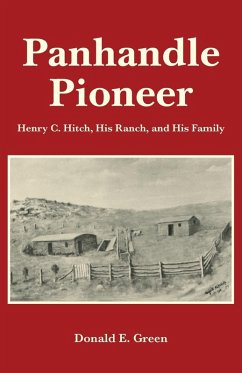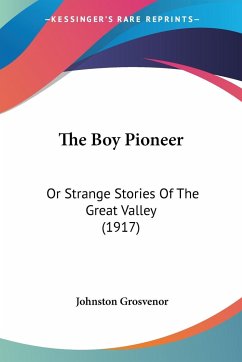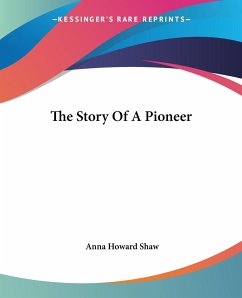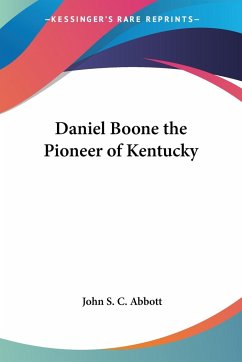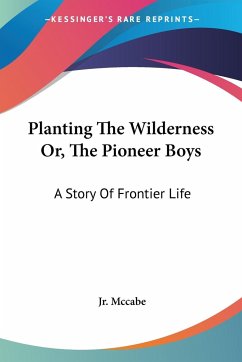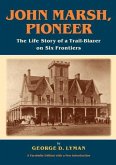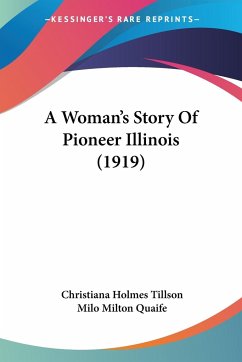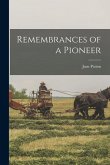In the history of the tristate Panhandle region-the three corners of Oklahoma, Texas, and Kansas-the saga of Henry C. Hitch and his ranch is also the story of the social, cultural, and economic fortunes of the region. Late in the nineteenth century James Kerrick Hitch left his home in Tennessee for the High Plains and fortune. After ten years spent working as a cowboy, he rode in to the Coldwater Creek region of No Man's Land, the fertile subirrigated valley that was to be his Promised Land. It was Henry Charles Hitch, James's son, who was to turn the valley and its uplands into an empire-raising cattle, borrowing money, going broke several times, then flourishing. Henry's genius and hard work paid off, and in time the family owned 30,000 acres of land in three states. After building their cattle empire, the Hitches moved into farming. By 1930 they had become the largest wheat producer in Oklahoma. After World War II they drilled irrigation wells and by the 1950s they had one of the first large feedlots in the region. Always willing to adopt new technology, the Henry C. Hitch Ranch became an agribusiness empire. The book is economic history-and more: it is also the absorbing story of a pioneer family. Today, Hitch Enterprises is owned and operated by the Hitch Family of Guymon, Oklahoma-the fifth generation of a family that made indelible tracks across the Panhandle. Donald E. Green, who grew up on a Texas Panhandle ranch, retired as Professor of History and Geography Central State University, Edmond, Oklahoma. He is the author of several books and many articles on the Panhandle-Plains region.
Hinweis: Dieser Artikel kann nur an eine deutsche Lieferadresse ausgeliefert werden.
Hinweis: Dieser Artikel kann nur an eine deutsche Lieferadresse ausgeliefert werden.

